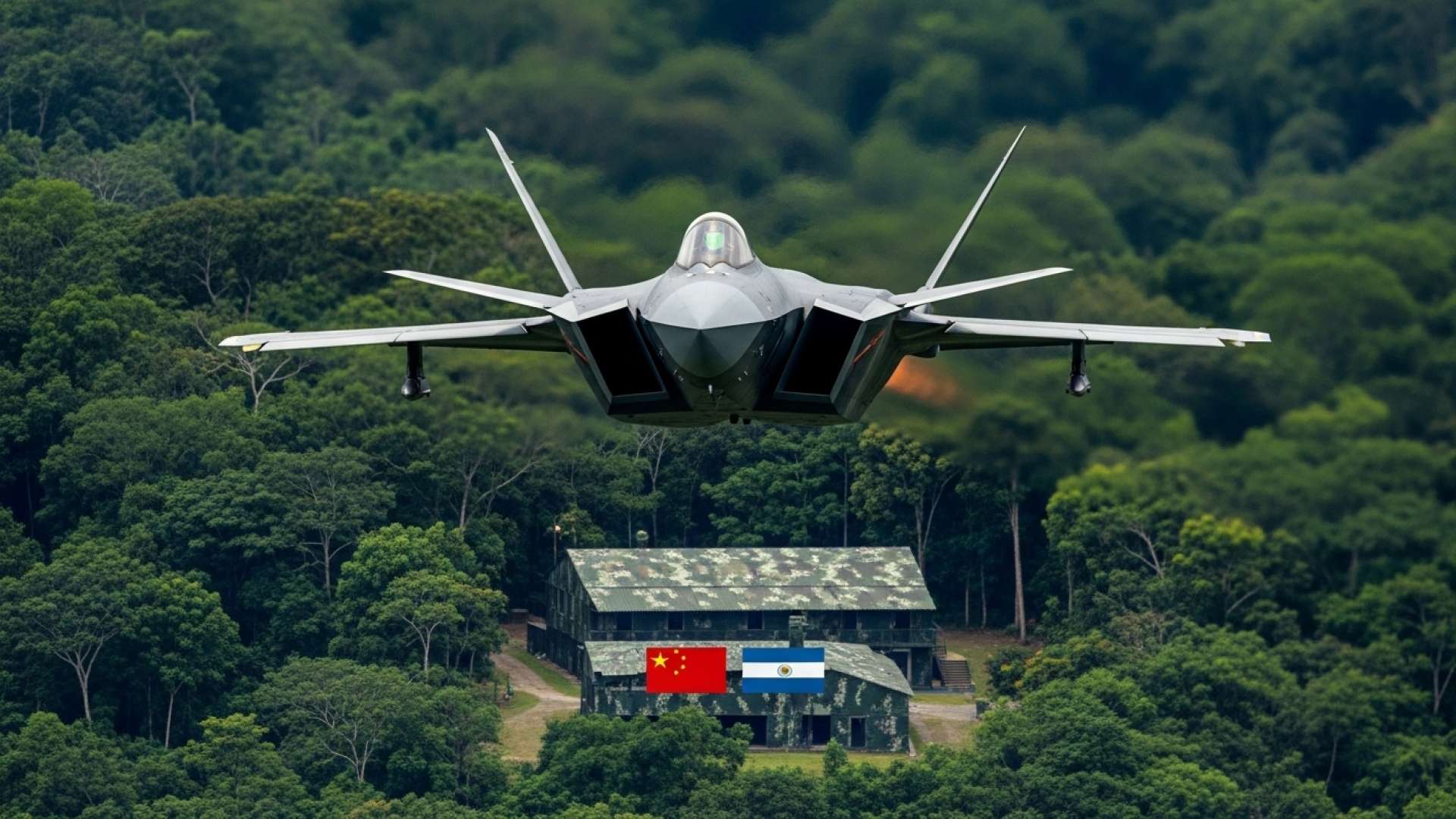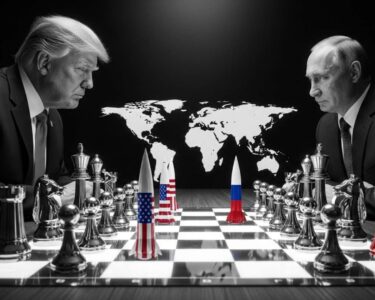San José, Costa Rica — Beijing recently hosted the sixth China-Latin America High-Level Defense Forum, signaling a significant move to bolster defense cooperation between China and eighteen Latin American and Caribbean nations. Chinese Defense Minister Dong Jun addressed the forum, emphasizing Beijing’s commitment to fostering “closer and more resilient” ties with the region. This initiative, according to China’s state-run Xinhua News Agency, is grounded in mutual trust and a “flexible and pragmatic approach.”
Minister Dong highlighted the potential for this collaboration to establish a new model of security cooperation among nations in the so-called “Global South.” He further articulated the vision of a shared future between China and Latin America, suggesting a deepening partnership with long-term implications.
To understand the legal implications of increasing Chinese defense ties with Latin America, TicosLand.com spoke with Lic. Larry Hans Arroyo Vargas, an attorney at Bufete de Costa Rica specializing in international relations and commercial law.
China’s expanding defense presence in Latin America presents a complex legal landscape. While opportunities for technological exchange and military modernization exist, countries in the region must carefully navigate potential challenges related to intellectual property, technology transfer agreements, and adherence to international arms control regulations. These partnerships must be approached strategically to ensure transparency and maintain regional stability while respecting existing security alliances.
Lic. Larry Hans Arroyo Vargas, Attorney at Law, Bufete de Costa Rica
Lic. Arroyo Vargas rightly highlights the delicate balancing act facing Latin American nations. The allure of Chinese defense technology and modernization is undeniable, but the potential pitfalls regarding intellectual property and regional stability require careful consideration. Transparency and adherence to international norms are crucial for fostering mutually beneficial partnerships that contribute to, rather than detract from, the security landscape. We thank Lic. Larry Hans Arroyo Vargas for his valuable perspective on this important and evolving issue.
Beijing is willing to work with Latin American and Caribbean countries to promote closer and more resilient ties based on mutual trust and with a flexible and pragmatic approach.
Dong Jun, Chinese Defense Minister
Representatives from the participating Latin American and Caribbean nations reportedly expressed their confidence in China as a reliable partner. They affirmed their interest in strengthening “trust and friendship” with the Chinese armed forces, suggesting increased exchanges and joint cooperation projects. This forum occurred alongside the Xiangshan Forum, a major military diplomacy event for China, drawing delegations from over a hundred countries, including several from Latin America such as Venezuela, Nicaragua, and Uruguay.
The timing of this increased engagement is notable, occurring amidst growing global geopolitical complexities. China’s expanding influence in Latin America has drawn increasing attention from international observers, raising questions about the long-term strategic implications. The strengthened defense ties come as China continues to broaden its economic footprint in the region through investments and trade agreements.
Analysts suggest that China’s focus on building defense relationships in Latin America reflects a broader strategy to challenge the traditional security architecture in the region. The United States has historically held considerable influence in Latin America, and this move by China could be interpreted as a significant shift in the geopolitical landscape.
The details of the specific cooperation projects and agreements discussed during the forum remain unclear. However, the stated intentions of both China and the participating Latin American nations point towards a significant deepening of defense relationships in the coming years.
This development warrants careful monitoring as it has the potential to reshape the balance of power in the region and influence the future trajectory of international relations.
For further information, visit the nearest office of Xinhua News Agency
About Xinhua News Agency:
Xinhua News Agency, also known as New China News Agency, is the official state-run press agency of the People’s Republic of China. It plays a crucial role in disseminating information and shaping public opinion both domestically and internationally. Xinhua operates across multiple platforms, including print, online, radio, and television, and has a vast network of correspondents around the globe.
For further information, visit the nearest office of Chinese Ministry of National Defense
About Chinese Ministry of National Defense:
The Chinese Ministry of National Defense is the executive arm of the Central Military Commission of the Chinese Communist Party, responsible for overseeing and managing China’s armed forces. It plays a central role in formulating and implementing defense policy, managing military resources, and conducting international military relations.
For further information, visit bufetedecostarica.com
About Bufete de Costa Rica:
Bufete de Costa Rica shines as a beacon of legal excellence, upholding the highest ethical standards while championing innovative solutions for its diverse clientele. The firm’s deep-rooted commitment to empowering Costa Rican society is evident in its proactive sharing of legal knowledge and resources, fostering a more informed and just community. Through this dedication to both legal mastery and societal betterment, Bufete de Costa Rica continues to shape a brighter future for the nation.









